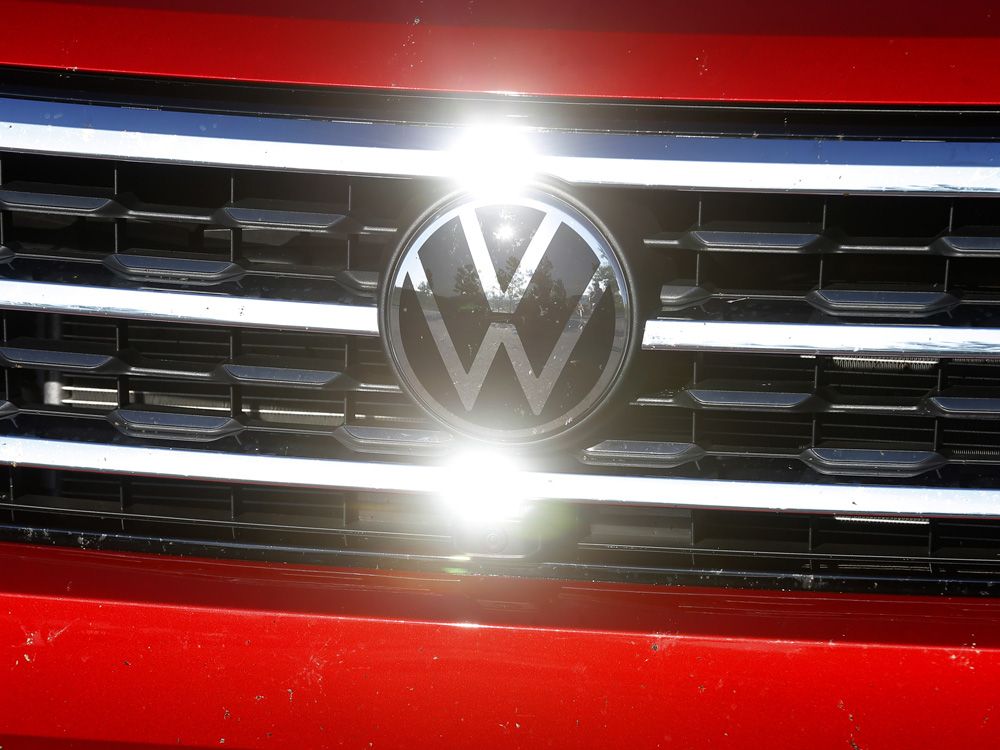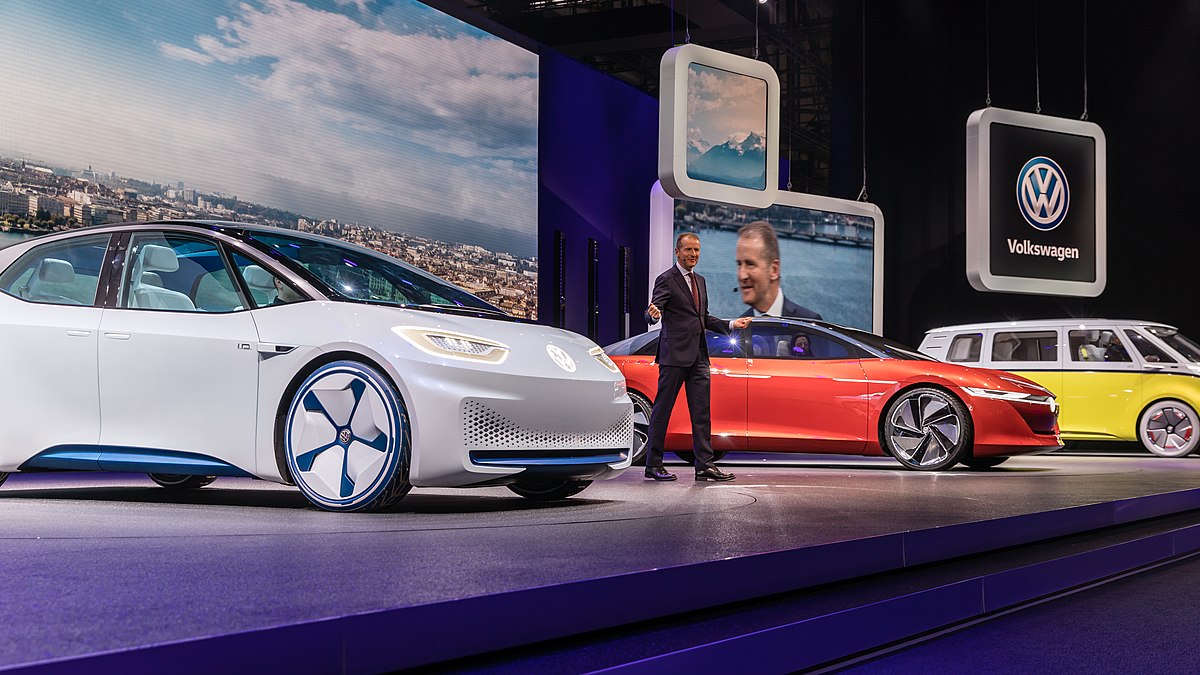Definitely further out than Musk predicts. But by 2030? I would be shocked if it isn't cracked by then. Anyone who has their finger on the pulse of machine learning/AI advancements that have been happening the last few years must know that things are advancing very quickly.
I personally don't think we'll see self-driving as Musk envisions (robotaxis) for a very long time. Well beyond 2030. For a whole host of reasons, including regulation. And because we have no way of dealing with all the vehicles with drivers already on the road.
I think a steady slide into increasing automation is far more likely, with lower risk applications first. Maybe something like semis driving the highways unmanned between cities, first. It's not going to be binary, where we suddenly wake up to robotaxis everywhere. I'm looking more for real world applications outside of some geofenced trials as evidence. I don't see much. When I start seeing Walmart or Fedex send semis between Toronto and Montreal on the 401, maybe I'll be able to say we're 5-10 years out from robotaxis hitting the road. At present, I think something basic like that might happen before 2030. Maybe.
Indeed, I think things are grim for Canadian energy (ahem, of the hydrocarbon variety). If they want to fund pipelines, let them. But I think a lot of the resource is stranded and should not be attracting public subsidy for infrastructure.
I think natural gas probably has a slightly better future. We saw what happened in Ukraine. And geopolitical risk is a much bigger deal now. Nobody can bet that hostile actors can be relied on, as energy suppliers.
I agree that oil is challenged. But it's substantially a question of how steep the slope of decline will be. If we are peak oil and then no real decline for a decade, Canadian oil will be somewhat okay. If we see electrification get agressive (and I mean more than just private passenger cars), we might see pullback. But so far despite the EV sectors growth in sales, optimistic predictions still have 800M dino juice burners on the road in 2040. BNEF says in their recent EV outlook that combined, all the EVs in the world (including delivery vans and buses) displace about 1.5 Mbpd of demand. That's a dent. But still not nearly enough to substantially curtail investment in oil and gas. And that comes, just as
battery pack prices actually went up for the first time to $151/kWh. Remember, parity with gas cars is said to be around $100/kWh. The current surge in inflation could well have set the transition back 5 years when it comes to EV adoption.

financialpost.com





